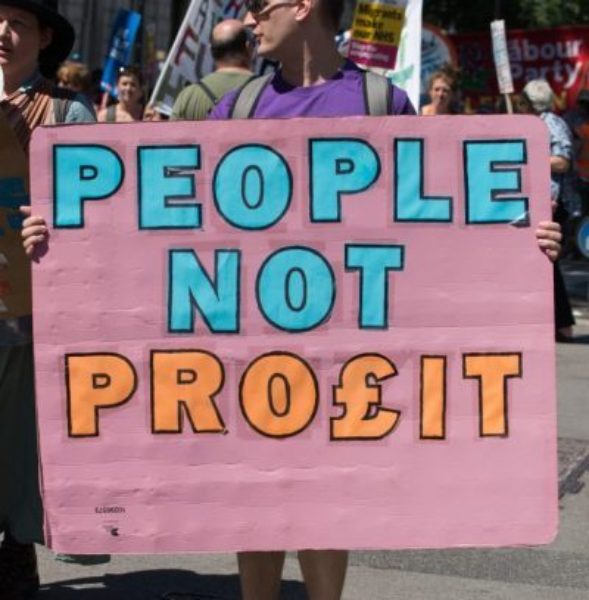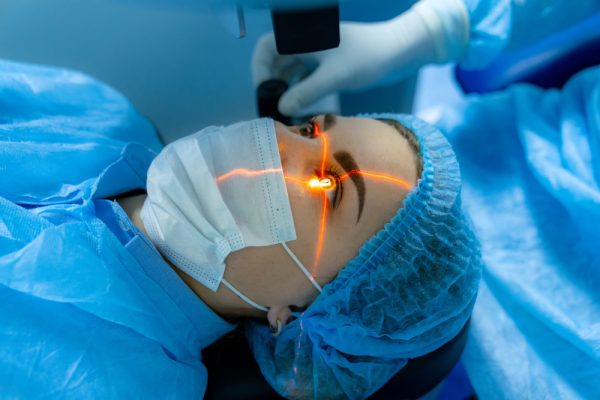The most recent examples of conflict of interest between politicians and private companies gaining contracts in the NHS is contracts issued for PPE and other goods and services during the Covid19 pandemic. More details can be found on our page dealing with this issue – Covid-19 contracts with the private sector
In summary, the National Audit Office (NAO) released reports in November 2020, that highlighted how companies with political connections were ten times more likely to be awarded a contract than companies that did not have such connections. This has led to accusations of corruption and cronyism.
The government split the procurement system into two channels – a high-priority channel (VIP) for companies with political connections, such as links with government officials, ministers’ offices, MPs and members of the House of Lords, senior NHS staff and other health professionals, and a second channel for those companies without connections to such people.
Companies in the high-priority channel were automatically regarded as more credible, which is in contrast to normal practice when such contacts would be subject to additional scrutiny due to issues of conflict of interest. The NAO also found that there were no written rules for how the high-priority channel should operate. The system operating seems to have allowed for the awarding of contracts to companies for inexplicable reasons.
One of the most high profile cases was that of Conservative Michelle Mone and PPE Medpro. In November 2022, The Guardian reported on the links between the Conservative peer Michelle Mone and PPE Medpro and how her family had profited from contracts, despite her having denied profiting from her connection to the company.
The July 2018 appointment of Matt Hancock as Secretary of State of Health and Social Care, resulted in the media highlighting a notable conflict of interest; Mr Hancock is the recipient of nine donations from Neil Record, chairman of the Institute of Economic Affairs which advocates privatisation of the NHS.
There is also potential for conflicts of interest on commissioning bodies, such as CCGs and trusts. In particular, for GPs that are involved in private GP companies and also sit on CCGs or have close links to CCGs. One recent example is that of Dr Dan Bunstone, chairman of Warrington CCG. Dr Bunstone became chief medical officer of the private provider Push Doctor in May 2018 and also holds a post with Speed Medical, a medical reporting agency. Push Doctor signed an agreement with the large GP practice group, Modality, in 2018 which saw the start of a pilot programme for video consultations for patients at Modality practices, many of which are within the Warrington CCG area and neighbouring areas.
Several GPs had already raised concerns about the various external posts held by Dr Bunstone and the potential for conflicts of interest and the start of the Modality pilot programme appears to be the final straw and in September 2018 Dr Bunstone, resigned as chairman of Warrington CCG.









